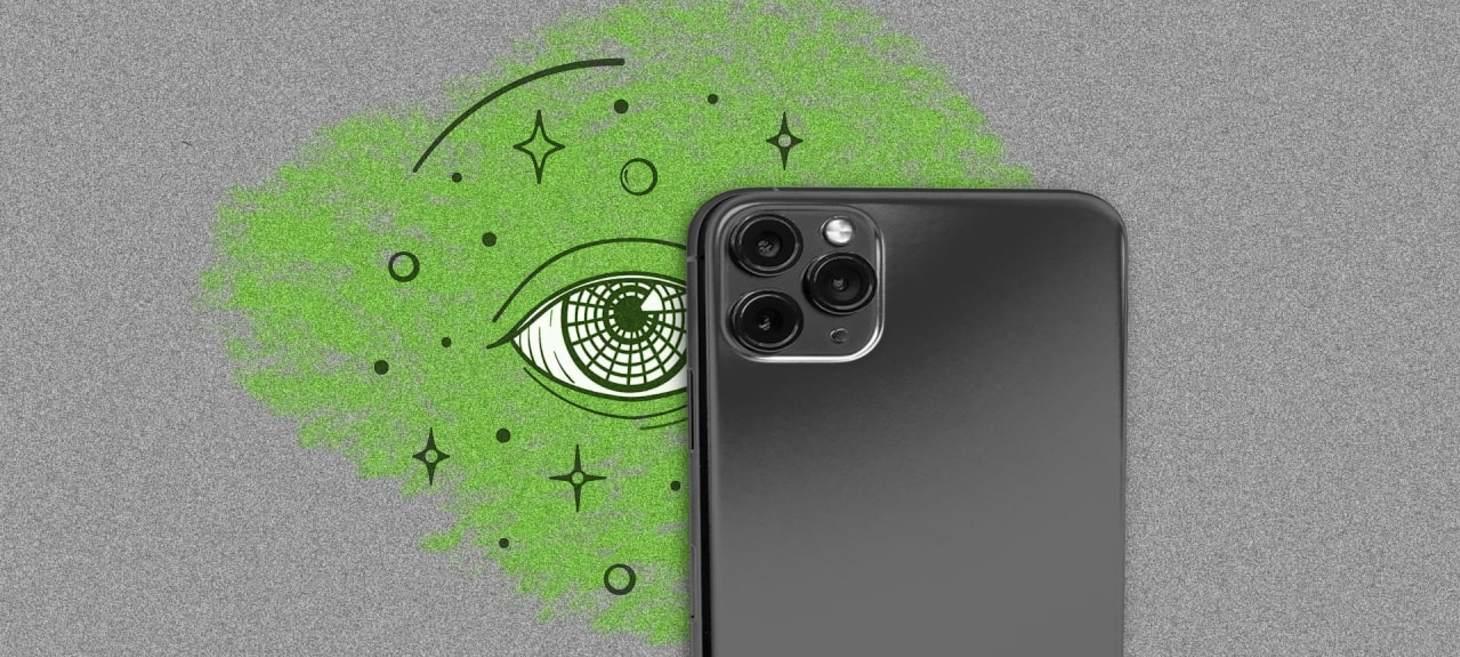TRENDING 🔥

(GIF) Be you, bravely 💪
Canadian goalkeeper Stephanie Labbé helped Canada’s women's national soccer team win an Olympic gold medal at the Tokyo Olympics on penalty kicks. Labbé’s life motto is tattooed on her arm and reads:
Be you, bravely

(Video) ‘High on the Hog’ Netflix ducuseries film brings Black food history to screen 🥘🍲
"High on the Hog" is a new 4-part documentary series on Netflix that tells the story of how African American cuisine transformed America. It's based on the 2011 book by the scholar Jessica B. Harris. If you love food, it's probably essential viewing. According to a Bay Area chef and food TV veteran, Tanya Holland, the “High on the Hog” title refers to the location of the best cuts of meat on a pig and has come to connote wealth. It marks a departure from the days when “all the Black folks on these [TV] shows were just caricatures."
Executive producers and creative partners Karis Jagger and Fabienne Toback describe the film:
It's about community and a way to come together. And I think that's something that we show in the show a lot. Every episode focuses on a communal table and a communal meal. .. And, for me, that's what food is. It's about having my family come together, having my friends come together, breaking bread, learning things. And that's where I get my joy.

(Video) Coming together: Stand here for dance party 🎇🤣
Improv Everywhere is a comedic performance art group based in New York City, founded in 2001 by Charlie Todd. Its slogan is "We Cause Scenes" with an aim "to surprise and delight random strangers through positive pranks". They organized their first public event in New York City since the pandemic began. It involved placing a decal (designed in the style of the ubiquitous social distancing circles) that read “stand here for dance party” on the ground in Grand Army Plaza in Manhattan.
This project is made in collaboration with the Museum of the City of New York and their new exhibition New York, New Music: 1980-1986. The entire 100-person cast and crew were fully vaccinated for COVID-19.
The social experience was made to test random people in New York with an unexpected dance party on the streets of New York. What prompts someone to be curious and follow instructions on a decal sticker? How do you commit to being curious spontaneously in a way that helps you move forward?
TOOLS 🛠️ ⚙️

Staring at a screen for too long can actually make you sick
Too much screen time can result in a condition called cybersickness. Have you ever felt dizzy or nauseous after looking at your phone, computer screen or TV? Cybersickness refers to a cluster of symptoms that occur in the absence of physical motion, similar to motion sickness.
The 3 categories of symptoms include:
- Nausea
- Oculomotor issues - like eye strain, fatigue, and headaches, involve overworking the nerve that controls eye movement.
- Disorientation - manifests as dizziness and vertigo.
These issues can last for hours and affect sleep quality. Cybersickness symptoms can be more intense with virtual reality and augmented reality technology.
Some ways to deal with cybersickness symptoms include:
- Using blue light glasses to block blue light waves emitted by screens
- Using zoom in features or larger fonts
- Using the 20-20-20 rule. Every 20 minutes spent looking at a screen, the person should look at something 20 feet away for 20 seconds.
NOTABLE PEOPLE📝 📖🖊️

(Video) 'A gift from God': Al watches the sunrise from Vinoy Park every day in St. Pete, Florida 🏖️🌞🌊
In St. Petersburg, Florida, Al Nixon, has been showing up to the same bench with his fedora hat in St. Pete's Vinoy Park to watch the sunrise. He shares a hello, a smile, and a wave with passersby's on the boardwalk hour after hour and day after day. Those who stop strike up a conversation and share a little bit of their life with all.
On one particular morning, a complete stranger came up and told Al something he’ll never forget:
I know, when I see you sitting there, that everything is going to be alright.
After this encounter, Al discovered his why for being there and began to show up 7 days a week:
For the first time, I knew there was more of a purpose to me being out here than just soothing my own woes. ... We have an impact on other people, unwittingly, and I’m sure it can be both good or bad.
LASTLY 🏠 ❓ ℹ️
CFP News profiles people who collaborate on cool stuff impacting communities. Archive issues are here.
Flavian DeLima founded Collaborate for Purpose. Besides the newsletter 📧, we have a podcast 🎙️ and run kitchen table conversation events 🔥.
If you see a link to a piece you would like added to a future issue, please DM Flavian at Instagram or Twitter or reply to this newsletter. To support us, please follow and like our content on Instagram, Twitter or YouTube.
If you are enjoying the newsletter, please share it with a few friends because we want to increase our readership.

The theme of this newsletter is how being vulnerable is a prerequisite to creating lasting lifelong friendships.
I think elite athletes and especially the Olympians from the Tokyo Olympics and Paralympics can teach us a lot about how to form and build lifelong friendships. The same is true for US Navy Seals, which are the U.S. Navy's primary special operations force that leads small-unit special operation missions.
Why do athletes and Navy Seals develop such deep bonds of friendship and trust for one another? A Harvard professor, Jeff Polzer, who researches “insignificant social interactions’, says that when you demonstrate vulnerability, it shows others you have weaknesses and that maybe, you could use some help.
When two people interact, the receiver or second person is the more important person. They have the power because they can choose how they react to someone's vulnerability share. If the receiver picks up on a weakness or vulnerability expressed by the sender, then they have two ways to respond. They can either acknowledge and reciprocate their own weakness or cover-up and say nothing.
If a receiver shares a weakness, a connection is made, which is the point when both people begin to trust each other. This exchange is called a vulnerability loop. The interesting thing is if you want to establish trust with another person, you have to start by both of you sharing vulnerability first.
The hard part is to know who to be vulnerable with because it sucks when the other person doesn't reciprocate by sharing their own weakness or vulnerability. We often feel betrayed and hurt when someone doesn't accept our weakness or vulnerability. Vulnerability loops create trust, not the other way around. Put another way, if you want to establish trust with someone you don’t know well, be vulnerable first.
If you want to learn more about vulnerability loops and how to form deep lasting friendships, through the eyes of elite athletes and Navy Seals, check out this 2,300-word article I wrote here.
Stay safe. Stay sane. Get vaccinated.
Flavian
PS: If you like this newsletter and want to support us, please share it with a friend or two and remind them to so subscribe here. You can also follow us on Instagram, Twitter and YouTube.
To share this newsletter on social media:
CFP News is a weekly roundup of the best links on how people collaborate, create social impact, and build community. An online version is here and archives are here.